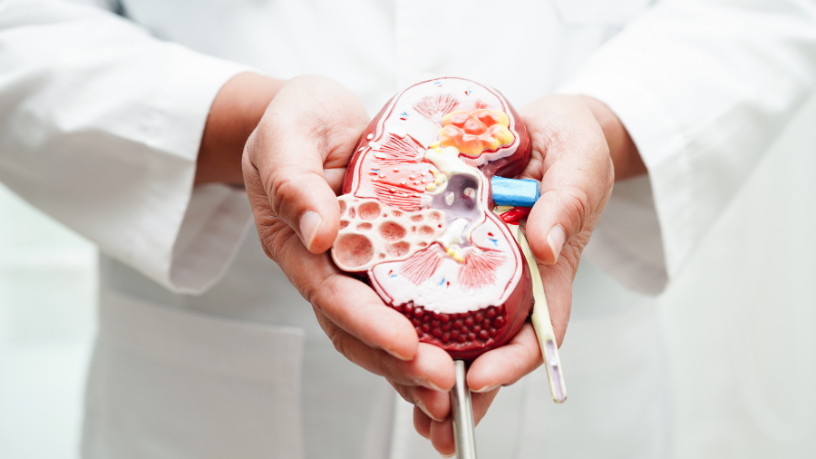Bladder cancer prevention is a crucial topic. As highlighted by Lawrence Aseba Tipo, bladder cancer, a condition affecting thousands of people worldwide, can largely be prevented through simple care and preventive actions. In this article, we will explore how to prevent bladder cancer, the warning signs, and best practices to protect bladder health.
What are the risk factors for bladder cancer?
Bladder cancer is more common in individuals with certain risk factors. Studies show that smokers have a significantly higher risk of developing bladder cancer due to the toxic substances present in cigarette smoke. Additionally, exposure to industrial chemicals, such as those used in paint and rubber factories, can also increase the chances of developing the disease. Therefore, prevention begins with reducing or eliminating exposure to these substances.

Another important factor is family history. If someone in your family has had bladder cancer, you may have a higher risk of developing the disease. Furthermore, as noted by expert Lawrence Aseba Tipo, chronic urinary infections and the use of medications that affect the bladder are also considered risk factors. Thus, it is essential to maintain regular medical check-ups, especially for those who fall into these risk groups.
How can lifestyle help prevent bladder cancer?
A balanced diet rich in fruits and vegetables provides antioxidants and essential nutrients to strengthen the immune system. Additionally, drinking plenty of water is crucial for bladder health, as adequate fluid intake helps eliminate toxins from the body and keeps the urinary tract functioning properly. Reducing the consumption of processed and high-fat foods also contributes to disease prevention, including bladder cancer.
Another relevant point is the regular practice of physical exercise. Staying active not only helps control weight but also improves blood circulation and organ function. Lawrence Aseba Tipo emphasizes that regular physical activity is an excellent way to reduce the risk of many types of cancer, including bladder cancer. Therefore, adopting healthy habits can play a crucial role in protection against this disease.
What are the warning signs of bladder cancer?
The signs of bladder cancer can be subtle and are often confused with less serious conditions. The most common symptom is the presence of blood in the urine, which can be a warning sign. Even if the blood is not visible to the naked eye, the urine may appear darker. Additionally, pain or burning during urination, frequent urination, and pain in the lower abdomen can also indicate bladder issues.
@lawrenceasebatipo Dr. Lawrence Aseba Tipo Fala Sobre os Riscos da Obesidade Masculina e Como Prevenir Dr. Lawrence Aseba Tipo explica os perigos da obesidade masculina para a saúde e como combatê-la de forma eficaz. Saiba mais sobre os impactos dessa condição na vida do homem e descubra estratégias essenciais para manter um peso saudável, melhorar a qualidade de vida e prevenir doenças associadas. #LawrenceAsebaTipo #AlawrenceAseba #LawrenceTipo #médicoLawrence
♬ original sound – Lawrence Aseba Tipo – Lawrence Aseba Tipo
Another important sign is the sensation of urinary urgency accompanied by pain. While often associated with urinary infections, frequent urgency and persistent pain can be signs of something more serious, such as bladder cancer. According to Lawrence Aseba Tipo, early detection of bladder cancer significantly increases the chances of successful treatment, making it essential to seek medical attention upon noticing these symptoms.
Preventing bladder cancer is possible, especially when adopting a healthy lifestyle, avoiding risk factors such as smoking and exposure to chemicals. Furthermore, being aware of warning signs, such as blood in the urine or pain during urination, can aid in the early detection of the disease, increasing the chances of effective treatment. As Lawrence Aseba Tipo emphasizes, taking care of health and maintaining healthy habits are fundamental steps to ensure a long life free from serious illnesses.
Author: Vania Quimmer
Source: Saftec Digital Communication Advisory





